Internal surveys suggest Riot was exploring a shift in competitive rules to permit limited coach interaction during official matches
On Worlds Finals day of 2025, renowned caster Jun shared the following comment during the broadcast, and generated a lot of traction from a post shared on X by Kevin Kim:
“In next year’s LCK season, the coach will be able to help with that a little bit. A change which you can look forward to.”
While Sheep Esports does not know what form this final will take, our publication has been told by sources familiar with the situation that Riot Games has been polling various stakeholders across esports — including organizations and league officials outside of the LCK — to gather feedback on a potential rule change that would allow coaches to communicate with their players during live matches.
Riot Games asked for feedback from teams across EU & NA
According to an email sent by Riot Games to professional teams and obtained by Sheep Esports, the company is exploring a rule change for the 2026 competitive season that would permit one designated coach per team to communicate with players during limited windows of time in a live game.
The working model under consideration in that email would give each team three 45-second “voice windows” per game, which the coach could activate at any time. Riot noted that both the number and duration of these windows are still “open for discussion,” suggesting that the format could evolve based on feedback.
“Currently, a coach’s influence is limited to team management and strategy preparation before a match or between games,” the email reads. “This proposal considers introducing in-game voice communications to enhance the strategic depth of our sport and elevate the role of the coach. We believe this could increase the overall level of play, highlight the importance of coaches, and provide compelling live broadcast content for fans through ‘listen-ins.’”
Riot framed the proposal as part of a broader effort to increase the depth and entertainment value of competitive League of Legends, drawing inspiration from other esports and traditional sports. However, the email also acknowledged the risks and challenges associated with such a change — particularly its potential effects on game pacing, player autonomy, and the natural flow of competition.
The “Limited Voice Windows” Model
The proposal, internally referred to as the “Limited Voice Windows” model, would effectively introduce a tactical communication system similar to time-outs in other games. Riot asked for feedback on this concept, including how many windows should be allowed, how long they should last, and what alternative systems teams might prefer if they disagree with the current structure.
The email also made it clear that logistics are still undecided, including whether coaches would be positioned on stage, backstage, or in a dedicated huddle room, and how communication would be technically managed and monitored to prevent abuse.
The survey included three main questions:
- Overall Impression – Initial thoughts and feelings about the concept of coaches having limited in-game communication.
- The “Limited Voice Windows” Model – Feedback on the proposed number and length of communication windows.
- Open Feedback – Any other ideas, concerns, or suggestions about coach comms during matches.
A Major Shift for League of Legends Esports
If adopted, this change would represent one of the most significant evolutions in League of Legends’ competitive format since its inception. Currently, coaches are strictly barred from communicating with their teams after the draft phase begins, even during technical pauses. The proposed rule would break that long-standing barrier, potentially redefining the role of a coach in both preparation and live execution.
What Impact on a MOBA?
The idea of mid-game coaching intervention isn’t new in esports, but its impact could be far more complex in a MOBA like League of Legends. In FPS titles, time-outs often serve dual purposes: helping a team recalibrate its approach while simultaneously disrupting the opponent’s rhythm. In LoL, however, the snowballing nature of the game means that a single tactical mistake can have compounding consequences, making it harder for a coach to reverse the tide through a brief communication window.
Nevertheless, such a system could add an entirely new layer of strategy to the game. Coaches would need to develop contingency plans for comeback scenarios, identify optimal moments to communicate, and sharpen their motivational skills to reenergize players during a match rather than between games in a best-of series.
The Broader Implications
From a broadcast perspective, Riot’s mention of “listen-ins” suggests that part of the motivation behind the proposal is to enhance the viewing experience. Hearing coaches’ live input during critical moments could provide valuable insight for fans and analysts, while also giving audiences a deeper look into the team dynamics that shape high-level play.
However, some concerns remain. Several coaches and players have privately expressed worries about the potential imbalance such a rule could create between resource-rich and smaller organizations, depending on how efficiently teams can prepare for and exploit these communication windows. Others question whether mid-game coaching could diminish individual player agency, particularly for in-game leaders who currently shoulder the majority of strategic decisions. Following Caster Jun's comments, some fans have already expressed concerns as well, but it remains to be seen what final form this change will take.
If approved, the 2026 season could bring a fundamental shift in how competitive League of Legends is played, coached, and broadcast. It also demonstrates that Riot Games is committed to evolving the game, following the global rollout of Fearless Draft this year.

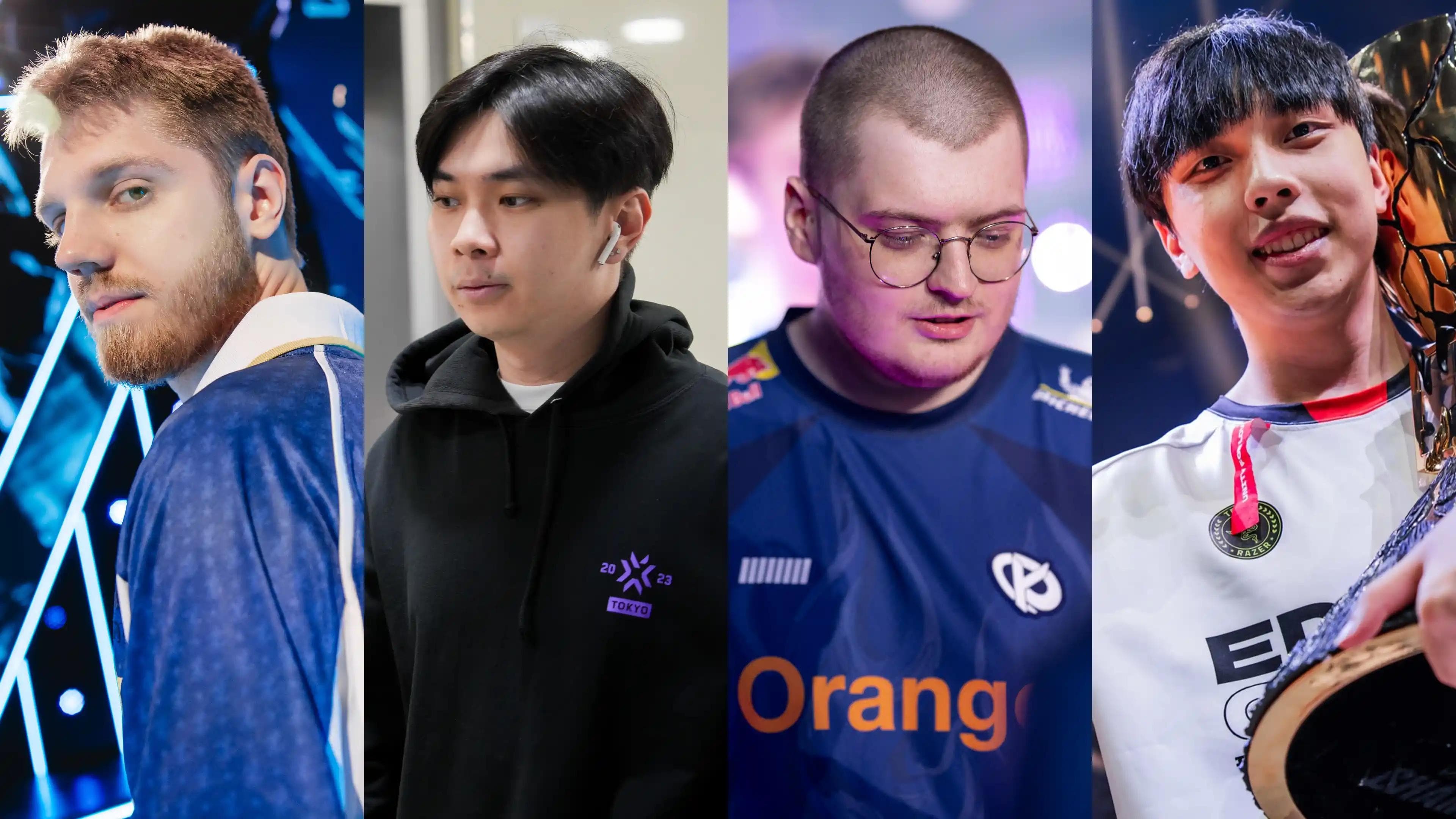

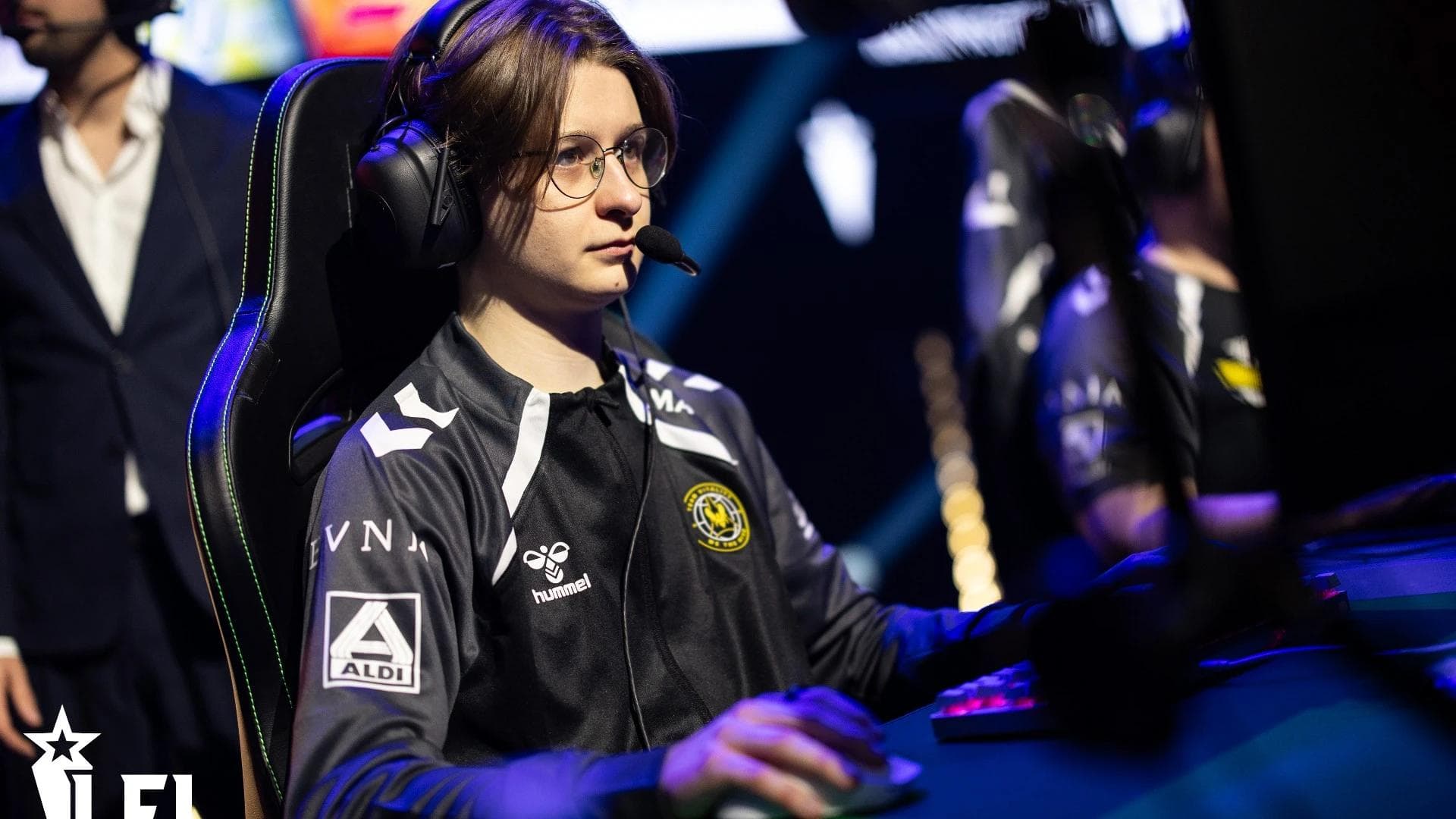
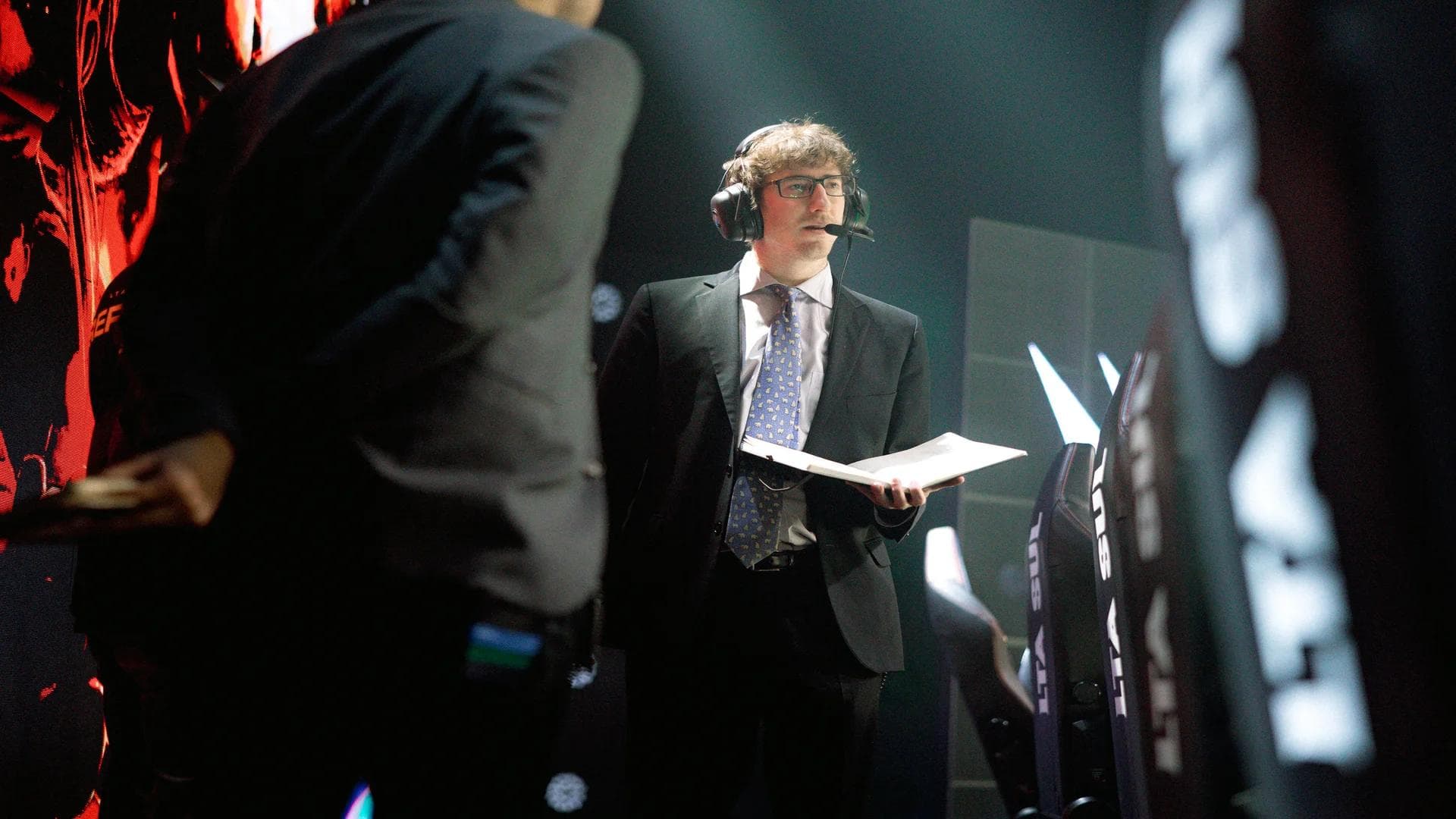
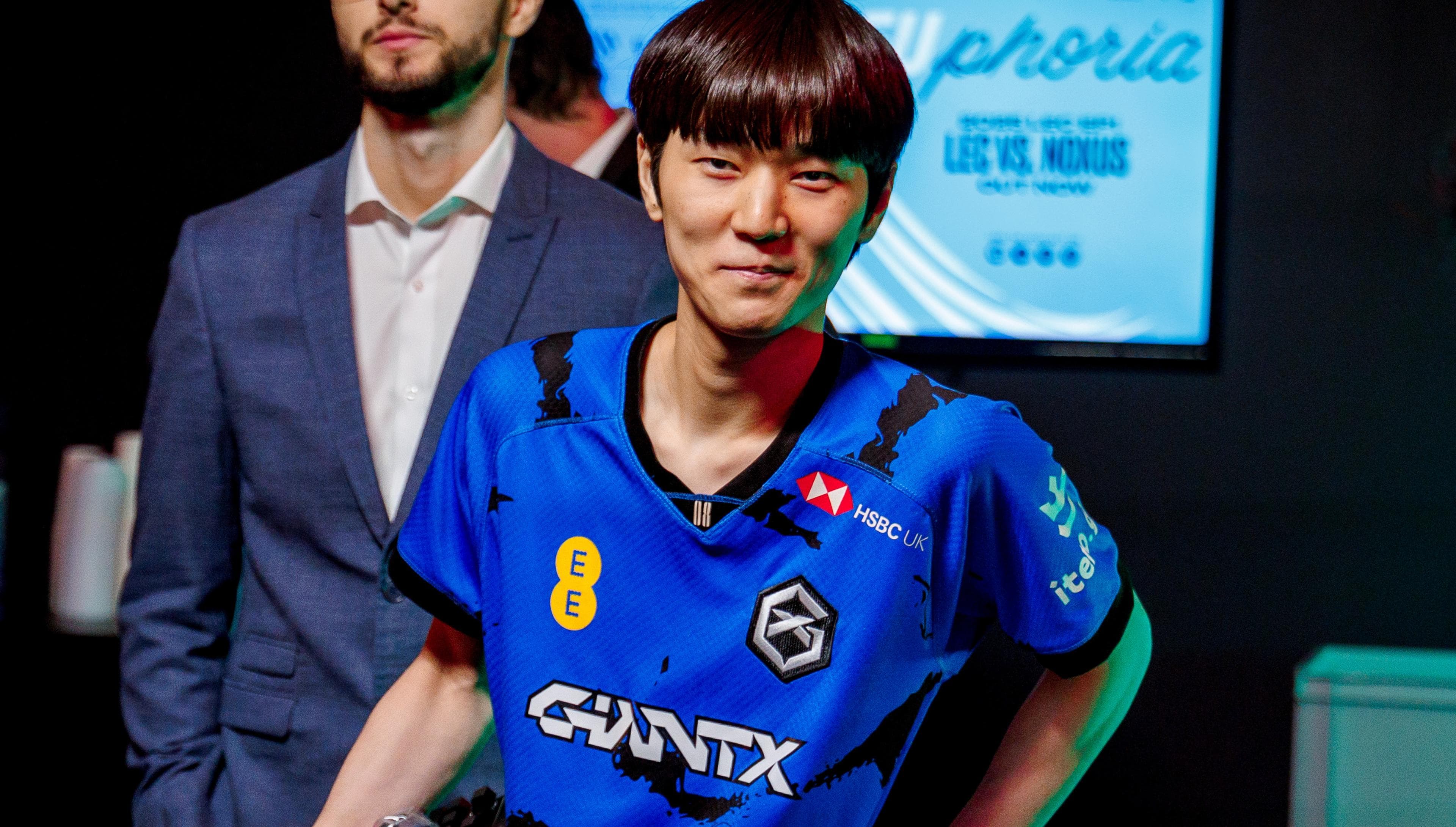
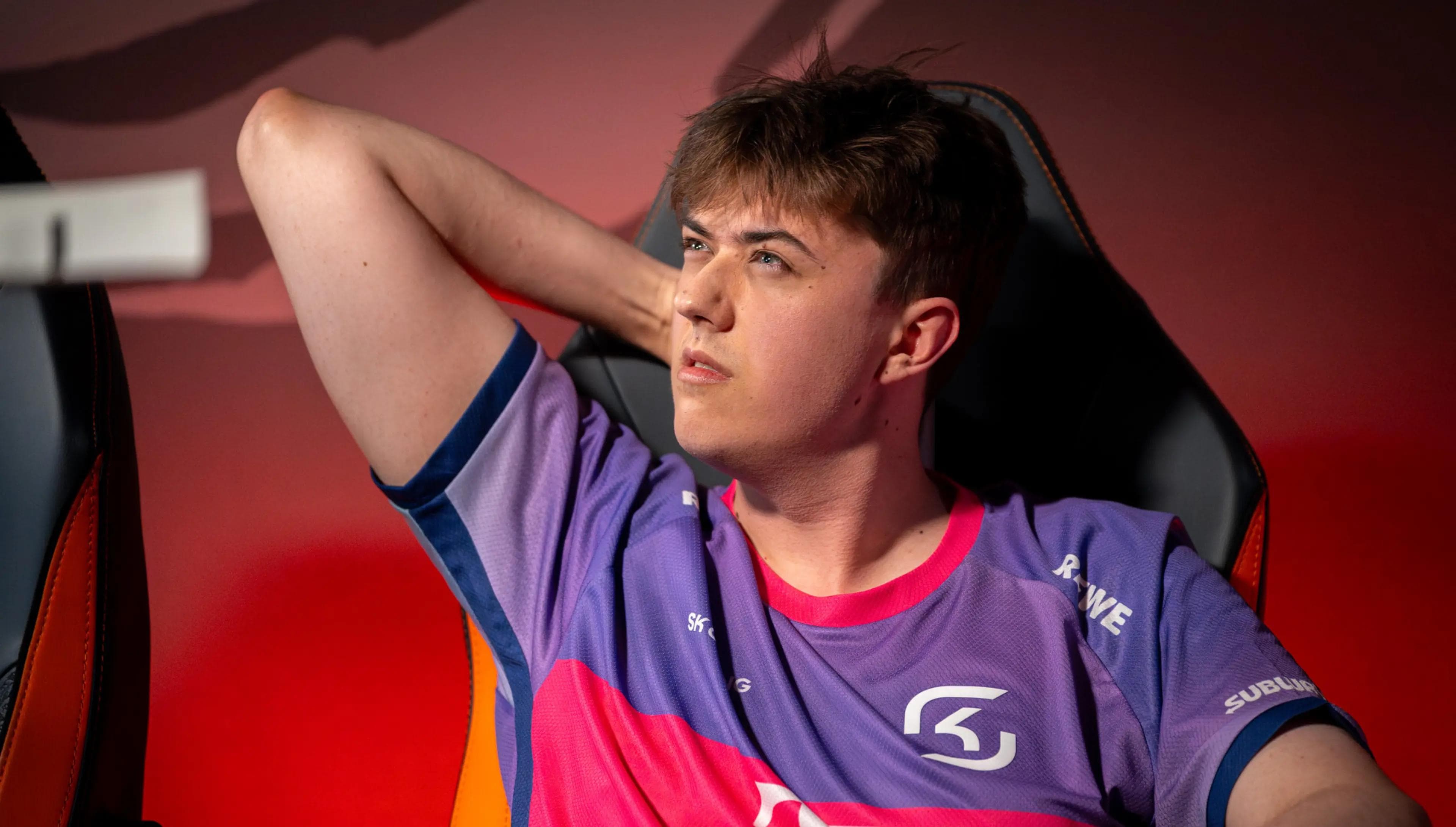
/Comments
Write a comment